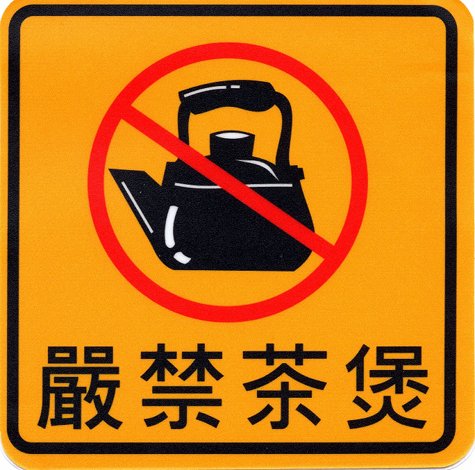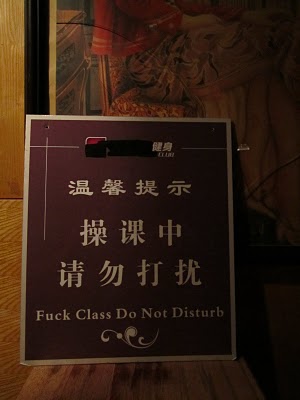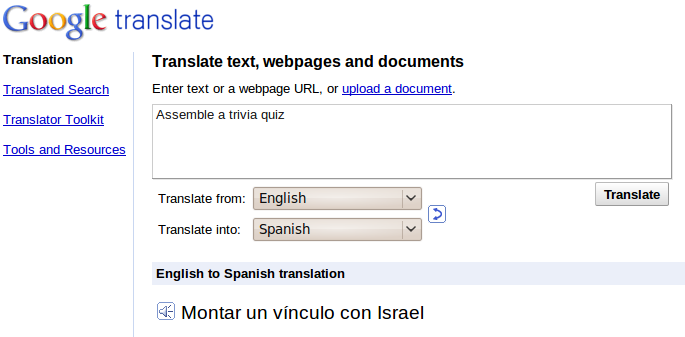Linguistic relativity, this time with 'marmalade'
Via Leiterjakab and EngrishFunny, this evidence that it's not only the Chinese who sometimes have menu-translation difficulty:

Several online Hungarian-English dictionaries validate this translation of bukta (e.g. here), but are less clear about the core meaning of lekváros (e.g. here, , here). However, an online recipe explains that "Bukta are baked desserts which can be filled with a variety of ingredients, such as túró and ground walnuts, but the most popular filling is jam".
Read the rest of this entry »



